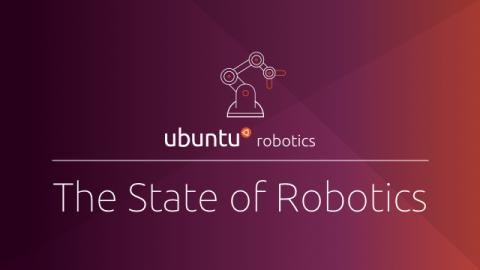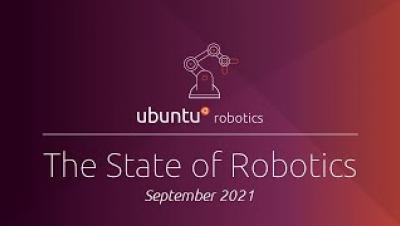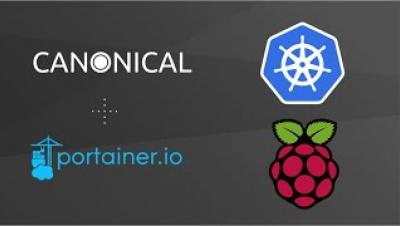Operations | Monitoring | ITSM | DevOps | Cloud
Canonical
"Industrial Pi" Use Cases with Ubuntu and AMD
DFI’s GHF51 mini industrial-grade motherboard, and the EC90A-GH mini fanless industrial computer, are the world’s first industrial computer products that have passed the Ubuntu IoT hardware certification and are equipped with high-performance AMD processors.
The State of Robotics - September 2021
September news is charged with analysis and comment of what has been a month with important announcements for open source robotics. It has been a month to understand that, in a nascent and fragmented market, the actors have a deeper impact upon all the stakeholders. A flop won’t be just a flop, it could be the reason why someone won’t give a robot a chance. What? Ok, let’s start.
Ubuntu Server 21.10: What's new?
Ubuntu Server 21.10 (Impish Indri) expands on edge use cases with a minimised system installation option in the Ubuntu Server Live Installer. It also comes with needrestart enabled by default for automated daemon restarts after applying library updates. In addition, the latest development cycle brings native, certified drivers for NVIDIA vGPU software on Ubuntu 20.04 LTS and 18.04 LTS, fully supporting sophisticated AI/ML workloads. Ubuntu Server 21.10 will be supported by Canonical until July 2022.
Ubuntu 21.10 has landed
14 October 2021: Today, Canonical released Ubuntu 21.10 – the most productive environment for cloud-native developers and AI/ML innovators across the desktop, devices and cloud. “As open source becomes the new default, we aim to bring Ubuntu to all the corners of the enterprise and all the places developers want to innovate,” said Mark Shuttleworth.
The State of Robotics - News from September 2021
SUSE Enterprise Storage: What next?
Late last year, SUSE completed their acquisition of Rancher Labs, and in doing so, has had to make some decisions on their product roadmap and ongoing support commitments. SUSE Enterprise Storage, SUSE’s software-defined storage product based on Ceph, doesn’t appear to have made the cut. According to their support pages, it is scheduled for End of Life with milestones in January 2021 and 2022.
Data centre networking: SDN fundamentals
This blog post is part of our data centre networking series.
Self Healing Kubernetes at the edge
Data centre networking: what is SDN?
The recent contexts have shown that enterprises needed to take a different approach regarding their digital transformation and its prioritisation. They’ve experienced the need to run new configurations and operations remotely on their infrastructure. This quickly showed the benefits of automation solutions to run those changes from few central locations, which highly facilitated the task of systems and network admins.










